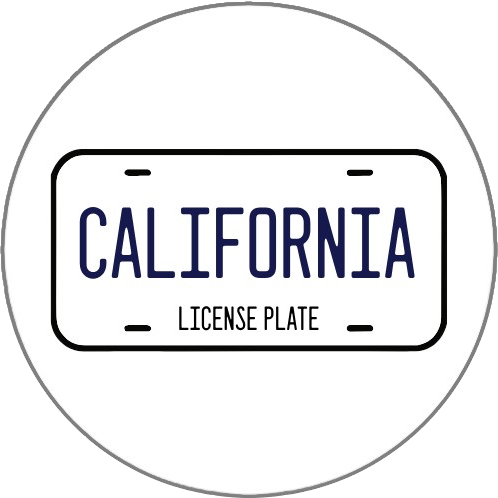California Proof of Residency Requirements
Establishing Residency in California
For various DMV transactions, including applying for a driver's license or registering a vehicle, California residents are required to prove their residency within the state. This proof is crucial to comply with state laws and regulations.
Acceptable Documents for Proof of Residency
The California Department of Motor Vehicles (DMV) accepts several documents as valid proof of residency. You must present at least one of the following documents showing your current California address:
- Rental or lease agreement with the signature of the owner/landlord and the tenant/resident.
- Deed or title to residential real property.
- Mortgage bill.
- Home utility bills (including cellular phone).
- School documents, including school registration or report cards, indicating the address.
- Medical documents.
- Employment documents.
- Insurance documents, including auto, health, life, and home.
- Internal Revenue Service or California Franchise Tax Board tax return.
- California voter registration confirmation letter or card.
- Other state or federal government documents, such as disability, unemployment, or Social Security documents, indicating the address.
Documents must be original or certified copies. Photocopies, "informational copies," or documents with the address crossed out or altered are not accepted.
Special Considerations
For individuals under 18, a parent or guardian's residency document accompanied by a birth certificate or other legal document establishing the relationship allows the minor to meet the residency requirement.
Providing proof of residency is a fundamental step in accessing various services and fulfilling legal requirements in California. Ensure your documents are current and accurately reflect your California address to streamline any DMV process.
